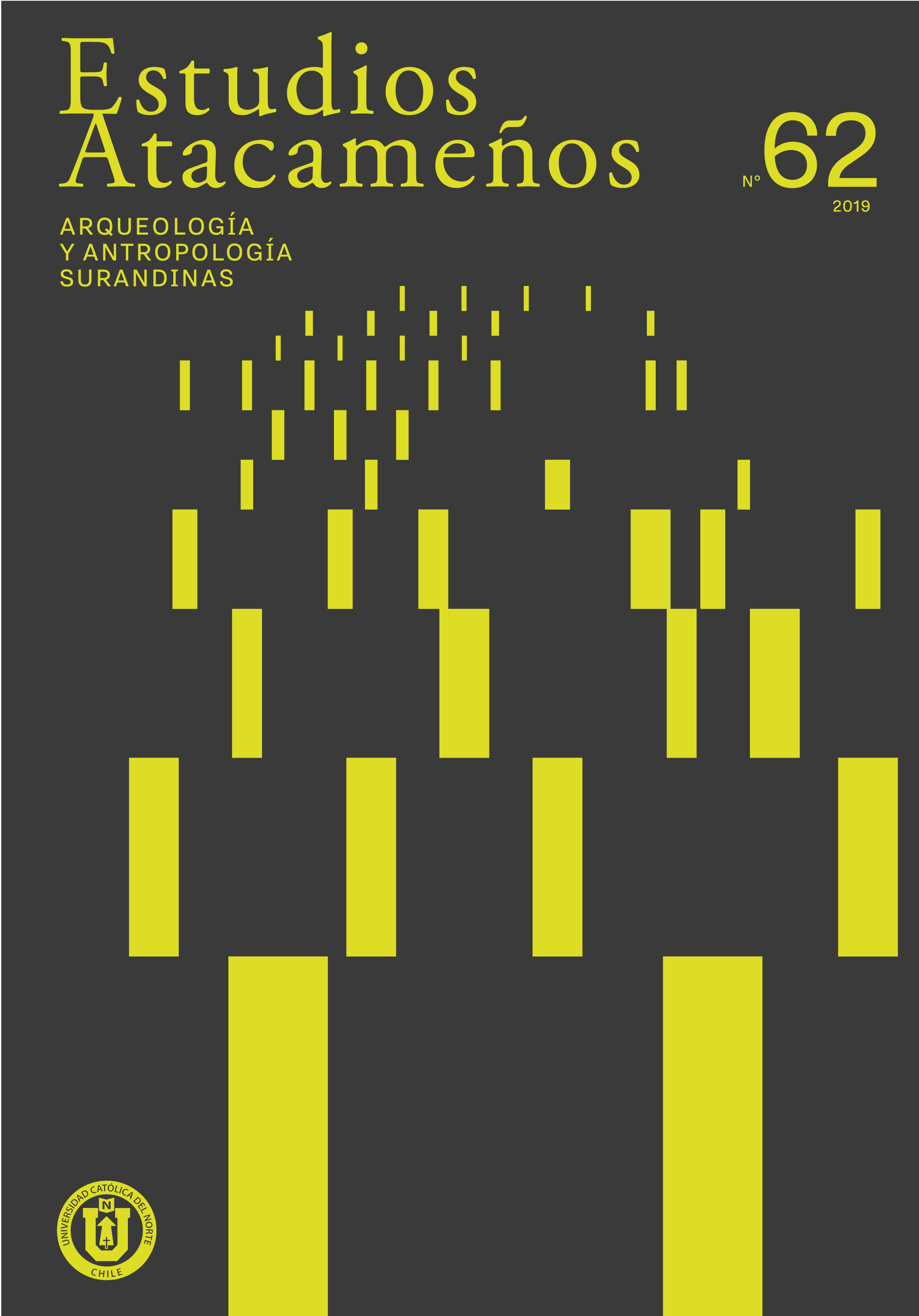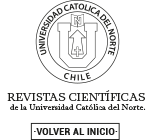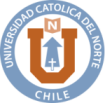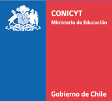Tuberculosis, political engagements, and biosocialities in Bolivia
DOI:
https://doi.org/10.22199/issn.0718-1043-2019-0007Keywords:
biocitizenship, Aymara, tuberculosis, Bolivia, medical encountersAbstract
High tuberculosis (TB) prevalence in Bolivia has been a major concern for the national health service as well as for the international health bureaucracy. Based on an ethnography of medical encounters conducted in Bolivia between 2009 and 2013, in this article I discuss the emergence of biosocial spaces in clinical contexts, focusing on those mediated by biomedical authority and technology where TB diagnosed patients engage in treatment. By looking at the intersections between medical discourses and associative practices linked to the scientific and biotechnological fields, I analyze the therapeutic experience of a highly pathologized population, such as the aymara indigenous peoples who suffer from TB, to suggest that healing becomes a process that questions current citizenship frameworks and sociality models. Furthermore, I propose that the biomedical developments of TB treatment show how a natural ““objective”” infectious disease is integrated into the national mechanisms of inclusion and exclusion by framing this illness within the social constructions of race and ethnicity.
References
Albó, X. (1991). El retorno del indio. Revista andina, 9(2), 299-345.
Arguedas, A. (1967). Pueblo enfermo. La Paz: Off-Set. Futuro.
Bateson, G. (1972). Steps to an ecology of mind: Collected essays in anthropology, psychiatry, evolution, and epistemology. San Francisco: Chandler Pub. Co.
Biehl, J. G., Good, B. y Kleinman, A. (Eds.). (2007). Subjectivity: ethnographic investigations (Vol. 7). Berkeley: University of California Press.
Bojorquez, I., Salazar, I., Garfein, R. S., Cerecer, P. y Rodwell, T. C. (2016). Surveillance or support: The experience of direct observation during tuberculosis treatment. Global Public Health, 1-15.
Borda Riveros, N. J. y Pinto Tapia, B. (2017). Estructura familiar en un paciente esquizofrénico de origen aymara. Estudio de caso. Ajayu Órgano de difusión científica del Departamento de Psicología UCBSP, 15(1), 70-93.
Briggs, C. L. y Mantini-Briggs, C. (2003). Stories in the time of cholera: Racial profiling during a medical nightmare. Berkeley, California: University of California Press.
Canessa, A. (2012). Intimate Indigeneities: Race, Sex, and History in the Small Spaces of Andean Life. Durham, NC: Duke University Press.
Cattelino, J. (January 01, 2010). Citizenship and Nation in the Everglades. Anthropology News, 51, 1, 11-13.
Costas Monje, P., García Linera, A. y Chávez León, M. (2005). Sociología de los movimientos sociales en Bolivia: Estructuras de movilización, repertorios culturales y acción política. Cochabamba, La Paz: Agruco. Nccr. Plural Editores.
Crabtree, J. (2005). Patterns of Protest: politics and social movements in Bolivia (Vol. 4). Latin America Bureau.
Csordas, T. J. (1990). Embodiment as a Paradigm for Anthropology. Ethos, 18(1), 5-47.
De la Maza, G. (2010). Construcción democrática, participación ciudadana y políticas públicas en Chile. Tesis de Doctorado Universidad de Leiden, Holanda.
Donoso, S. y Von Bülow, M. (Eds.). (2017). Social Movements in Chile: Organization, Trajectories, and Political Consequences. Springer.
Greene, J. A. (2004). An ethnography of nonadherence: culture, poverty, and tuberculosis in urban Bolivia. Culture, Medicine and Psychiatry, 28(3), 401-425.
Hallowell, A. I. (1955). Culture and experience. Philadelphia, PA: University of Pennsylvania Press.
Han, C. (2012). Life in debt: Times of care and violence in neoliberal Chile. Berkeley: University of California Press.
Harvey, D. (2007). A brief history of neoliberalism. Oxford: Oxford University Press.
Instituto Nacional de Estadi?stica (2012). Resultados Censo de Poblacio?n y Vivienda, La Paz. INE.
Jenkins, J. H. (Ed.). (2010). Pharmaceutical self: The global shaping of experience in an age of psychopharmacology. Santa Fe, NM: School for Advanced Research Press.
Jenkins, J. H. (2015). Extraordinary conditions: Culture and experience in mental illness. Oakland: University of California Press.
Kohl, B. y Farthing, L. C. (2006). Impasse in Bolivia: Neoliberal hegemony and popular resistance. London: Zed Books.
Lazar, S. (2007). El Alto, rebel city: Self and citizenship in Andean Bolivia. Durham, NC: Duke University Press.
Mattingly, C. (2010). The Paradox of hope: Journeys through a clinical borderland. Berkeley: University of California Press.
Nichter, M. (1981). Idioms of distress: Alternatives in the expression of psychosocial distress: A case study from South India. Culture, Medicine and Psychiatry: an International Journal of Comparative Cross-Cultural Research, 5, 4, 379-408.
Nichter, M. (2010). Idioms of Distress Revisited. Culture, Medicine, and Psychiatry: an International Journal of Cross-Cultural Health research, 34, 2, 401-416.
Ong, A. (2006). Neoliberalism as exception: Mutations in citizenship and sovereignty. Durham NC: Duke University Press.
Organización Mundial de la Salud (2017). Perfil de Tuberculosis del Estado Plurinacional de Bolivia. Recuperado de https://extranet.who.int/sree/Reports?op=Replet&name=%2FWHO_HQ_Reports%2FG2%2FPROD%2FEXT%2FTBCountryProfile&ISO2=BO&LAN=ES&outtype=html
Oths, K. S. (1999). Debilidad: A Biocultural Assessment of an Embodied Andean Illness. Medical Anthropology Quarterly, 13, 3, 286-315.
Pedersen, D., Kienzler, H. y Gamarra, J. (2010). Llaki and Ñakary: Idioms of Distress and Suffering Among the Highland Quechua in the Peruvian Andes. Culture, Medicine, and Psychiatry, 34(2), 279-300. doi:10.1007/s11013-010-9173-z
Petryna, A. (2002). Life exposed: Biological citizens after Chernobyl. Princeton NJ: Princeton University Press.
Postero, N. G. (2007). Now we are citizens: Indigenous politics in postmulticultural Bolivia. Palo Alto, CA: Stanford University Press.
Programa de Naciones Unidas para el Desarrollo (2016). Informe sobre Desarrollo Humano 2016. Recuperado en:http://hdr.undp.org/sites/all/themes/hdr_theme/country-notes/es/BOL.pdf
Rabinow, P. (2008). Afterword: concept work. In: Gibbon, S., y Novas, C. (Eds.). Biosocialities, genetics and the social sciences: Making biologies and identities. London: Routledge.
Rhodes, L. (2010). Dreaming of psychiatric citizenship: a case study of supermax confinement. En Good, B., A reader in medical anthropology: Theoretical trajectories, emergent realities. Malden, Mass.: Wiley-Blackwell.
Rivera-Cusicanqui, S. (2012). La cuestión de la ideología en las Ciencias Sociales. Conferencia del Doctorado en Ciencias Sociales, Universidad de Chile, 17 de octubre de 2012.
Saravia, N. (2015). A Multilevel and Spatial Analysis of Geographical Variation and Determinants in Tuberculosis Incidence in Bolivia. Tesis de Maestría en Geografía Humana: Sociedad y Espacio, University of Bristol, Bristol.
Saravia, P. F. (2011). ‘The Unhygienic Indian’: sedimented discourses of tuberculosis, ethnicity, and race in Bolivia and Chile. 110th Annual Meeting American Anthropological Association Montreal, Canada Nov 14-18.
Saravia, P. F. (2015). Ujuk Usu: Medicine, Tuberculosis and Race among the Aymara of the border between Bolivia and Chile.Tesis de Doctorado en Antropología Universidad de California, San Diego, San Diego.
Stillo, J. (2015). ‘We Are the Losers of Socialism!’: Tuberculosis, the Limits of Bio-citizenship and the Future of Care in Romania. Anthropological Journal of European Cultures, 24(1), 132-140.
Tapias, M. (2006). Emotions and the Intergenerational Embodiment of Social Suffering in Rural Bolivia. Medical Anthropology Quarterly, 20, 3, 399-415.
Tassi, N. (2010). The “postulate of abundance”: Cholo market and religion in La Paz, Bolivia. Social Anthropology: the Journal of the European Association of Social Anthropologists, 18(2), S. 191-209, Ill.
United Nations Office for Disaster Risk Reduction (Oficina de las Naciones Unidas para Reducción de Riesgo de Desastres) (2012). Documento Pai?s: Bolivia, Geneva, Switzerland, UNISDR, DIPECHO Report Nº 7.
Yashar, D. J. (2005). Contesting citizenship in Latin America: The rise of indigenous movements and the postliberal challenge. Cambridge, UK: Cambridge University Press.
Published
How to Cite
Issue
Section

All works published in Revista Estudios Atacameños (ISSN on line:0718-1043) Revista Estudios Atacameños Creative Commons International 4.0 attribution (CC BY 4.0) licence.
Authors remain the owners of their work and may republish their articles elsewhere without having to request permission, as long as they indicate that the work was originally published in Revista Estudios Atacameños (ISSN on liine:0718-1043).

















